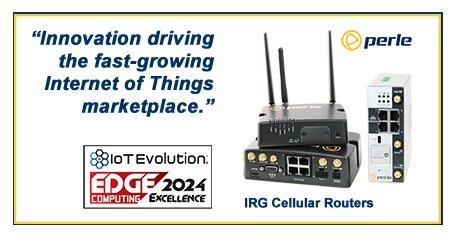
IoT makes parking easy
By Max BurkhalterApril 12, 2022
The thought of finding a suitable parking space has caused anxiety for many big city travelers. Thanks to recent advances in sensor technology, the need to circle the block in search of that one open parking spot might soon become a thing of the past.
Smart parking
The internet of things (IoT) allows communication between parking lots and your mobile device. The theory behind IoT-powered parking is as follows:
- Sensors attached to individual parking spaces detect the presence of parked vehicles.
- Measurements are intermittently sent to the cloud relating to the number of vacant spaces.
- Mobile apps intercept sensor data in order to warn drivers of full lots and highlight available parking opportunities.
Equipping drivers with real-time data regarding available parking spots is likely to lead to a surge in popularity of mobile apps that adapt the technology. Can IoT and interfacing applications take the experience one step further?

No barriers
Further integration of smart parking systems could see of the ability to reserve a space in advance. By communicating back to the shared network that monitors parking lots, mobile apps could allow drivers to select an available space by choosing the time in which they plan to arrive.
For parking lots that restrict entrance by way of barriers or gates, this reservation system could interface with surveillance cameras and systems to automatically allow entry to the vehicle upon arrival.
Companies like Wayleadr are marketing similar technologies, positioning parking management solutions for office employees. The Wayleadr system handles parking allocation, car park access and reporting on fully-autonomous system performances.
The pinnacle of smart parking future tech? Autonomous parking.
Driverless parking
This incredibly convenient technology enables vehicles to locate open spaces and park themselves. Automobiles equipped with driverless parking utilize the combination of IoT-powered sensors and cameras to navigate between parking lines.
The future could see laser sensors scan the surrounding environment to isolate an available parking space. Once the vehicle has verified the data and calculated the path towards the open spot, machine learning algorithms would take control of the vehicle and begin executing the appropriate maneuvers.
Automotive companies like Daimler are currently working on fully autonomous parking systems. With the recent Mercedes-Benz S-Class, a program designated INTELLIGENT PARK PILOT enables the vehicle to receive a mobile device command to drive itself to a previously-assigned parking space.
Thanks to IoT, the stress of parallel parking looks to be one more element of the driving experience we may one day (soon) live without.
Perle paves the way
Whether assisting Smart Motorway CCTV cameras in the UK, or optimizing traffic flow in the city of Charlotteville, Perle is proud to assist innovation in the transportation industry. To learn more about how Perle provides solutions for a sector in perpetual motion, visit our transportation industry case studies page.



